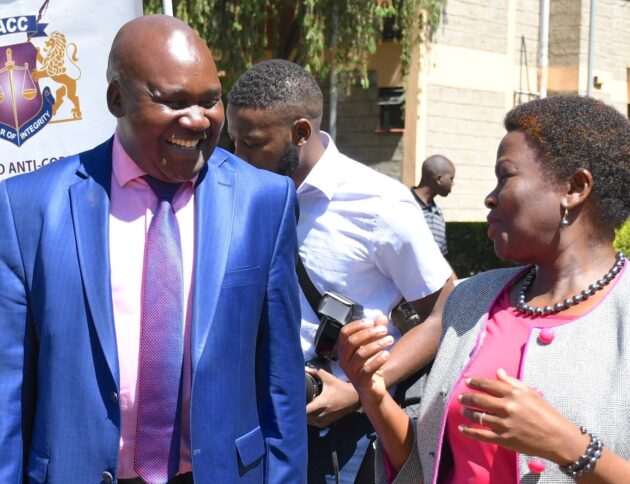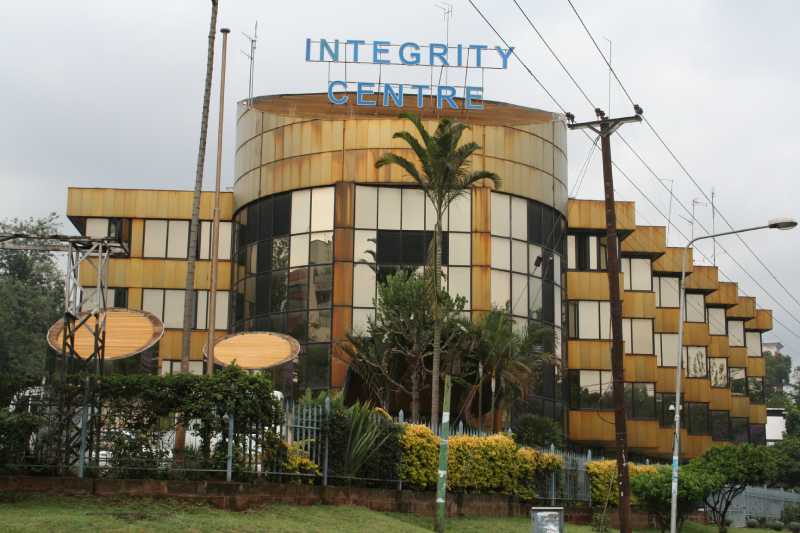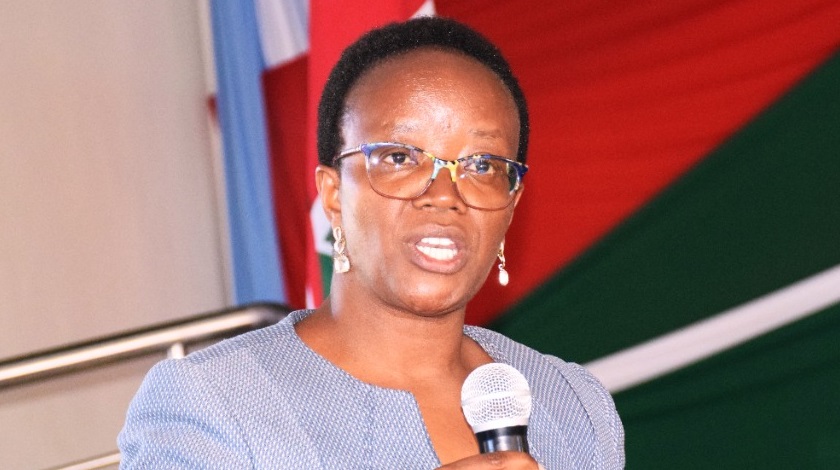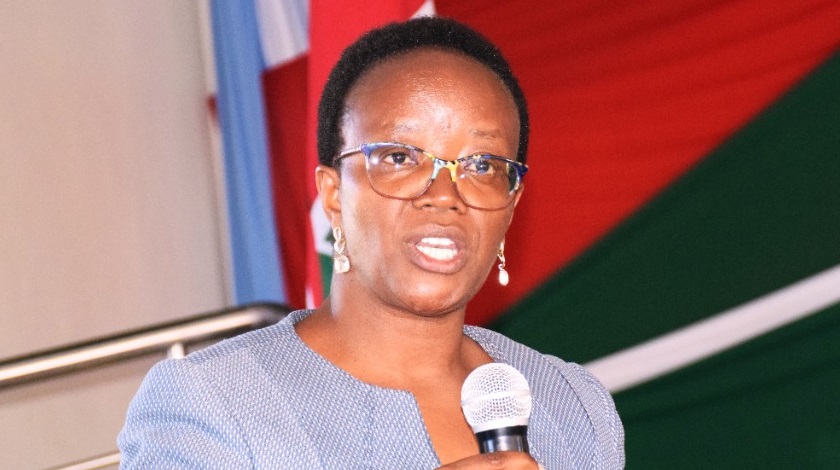After concluding investigations into high pending bills in Counties, the Ethics and Anti-Corruption Commission (EACC) has committed to taking the required legal measures against graft criminals.

To respond to exposed malpractices and questionable requests for payments for work due completion, the EACC claims it was eager to learn the findings of the County bosses' ongoing investigations into the significant amount of outstanding bills.
EACC Commissioner Dr Cecilia Mutuku claims that numerous County governments have audited their personnel and have unpaid bills totalling billions of shillings. These are situations in which the Commission is very interested.
Several County executives recently stated that unless investigations into allegations of inflation and false sums owing to contractors and suppliers are validated, they will not allow payments of outstanding bills left by their predecessors.
According to Dr Mutuku, the Commission is concerned about the expanding number of top officials in national and county administrations using phoney academic credentials.

The incidents are rampant in both the national and county administrations, according to Mutuku, who also pointed out that many offenders in trial on forgery-related charges.
She applauded the county governments' efforts to uncover ghost workers through staff audits, stressing that these findings will enable the Commission to take the appropriate measures against the offenders.
She urged for more robust coordination with professional associations to confront the threat head-on and ensure that honesty becomes the standard in employment.
In a news conference on the sidelines of a training session for Kenyan pipeline managers in Naivasha, Mutuku stated that the fight against corruption would end if all pertinent National and County government authorities collaborated.
"We are asking professional groups to help and sanction its members who are involved in this illegal vice since the EACC cannot win this war on its alone".
According to Mutuku, the EACC developed the Integrity Academy to offer specialist ethics, integrity, leadership, good governance and anti-corruption training to the nation's public and private institutions.

She claimed this would aid in establishing a culture of integrity and building a morally upright community that follows the rule of law.
According to Mutuku, the academy is a component of the Commission's responsibility to avoid corruption vices and has successfully thwarted corruption.









